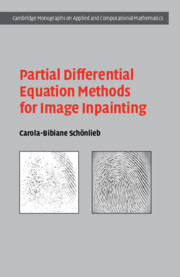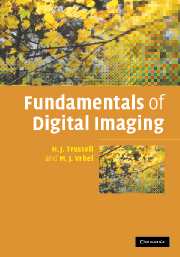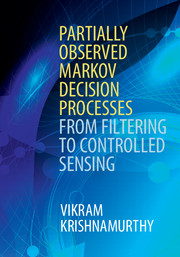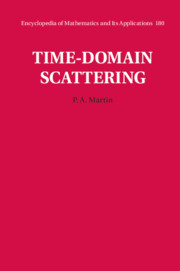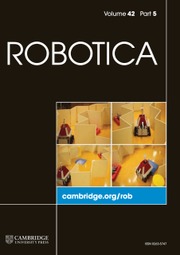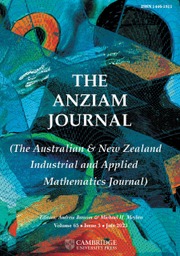Partial Differential Equation Methods for Image Inpainting
This book is concerned with digital image processing techniques that use partial differential equations (PDEs) for the task of image 'inpainting', an artistic term for virtual image restoration or interpolation, whereby missing or occluded parts in images are completed based on information provided by intact parts. Computer graphic designers, artists and photographers have long used manual inpainting to restore damaged paintings or manipulate photographs. Today, mathematicians apply powerful methods based on PDEs to automate this task. This book introduces the mathematical concept of PDEs for virtual image restoration. It gives the full picture, from the first modelling steps originating in Gestalt theory and arts restoration to the analysis of resulting PDE models, numerical realisation and real-world application. This broad approach also gives insight into functional analysis, variational calculus, optimisation and numerical analysis and will appeal to researchers and graduate students in mathematics with an interest in image processing and mathematical analysis.
- Serves as an introduction to the use of partial differential equations (PDEs) for digital image restoration
- Provides insight into mathematical modelling, partial differential equations, functional analysis, variational calculus, optimisation, and numerical analysis
- Targeted at readers with a basic knowledge in functional analysis, partial differential equations, measure theory, and convex optimisation
Reviews & endorsements
'Since the late 1990s, there has been a substantial amount of academic works on the application of partial differential equations (PDEs) to the restoration of missing parts in images, which is usually referred to as the 'inpainting problem'. This book provides a very comprehensive, clear, and well-written account of the use of PDEs for inpainting, and this is no minor feat, given the sizeable literature on the subject and the mathematical complexity of many of the techniques described.' Marcelo Bertalmío, Universitat Pompeu Fabra
'Image inpainting is a new mathematical and technological problem with manifold applications in science and entertainment. In the past twenty years, it has challenged mathematicians and computer scientists alike. They have deployed a treasure of imagination and mathematical skills to solve it. Incorporating striking experiments, reproducible algorithms, and a simple and complete mathematical account, this book is a must-read on the subject.' Jean-Michel Morel, CMLA, Ecole Normale Supérieure de Cachan
Product details
October 2015Adobe eBook Reader
9781316405277
0 pages
0kg
69 b/w illus. 34 colour illus. 15 exercises
This ISBN is for an eBook version which is distributed on our behalf by a third party.
Table of Contents
- 1. Introduction
- 2. Overview of mathematical inpainting methods
- 3. The principle of good continuation
- 4. Second-order diffusion equations for inpainting
- 5. Higher-order PDE inpainting
- 6. Transport inpainting
- 7. The Mumford–Shah image for inpainting
- 8. Inpainting mechanisms of transport and diffusion
- 9. Applications.

